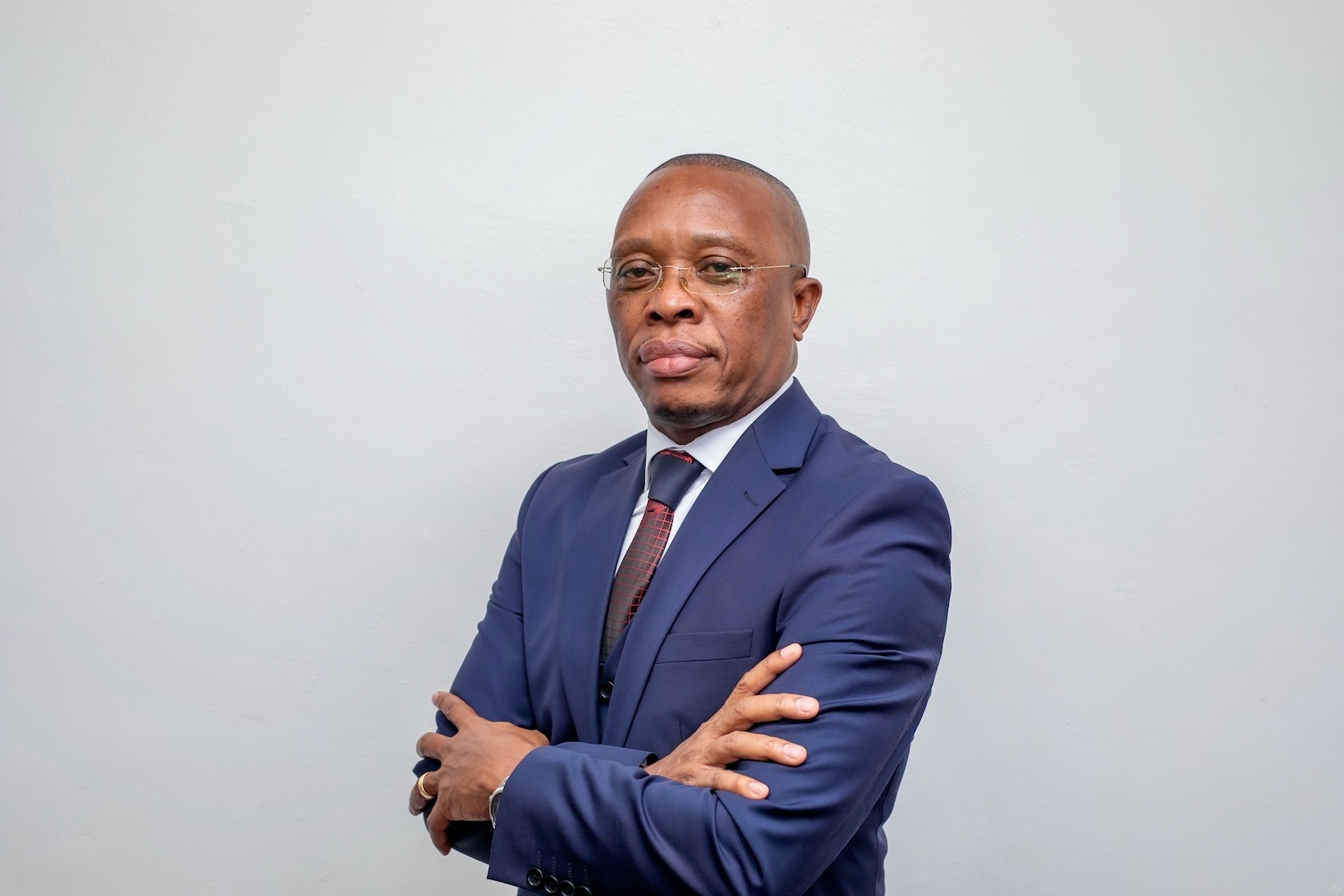Allan Mafabi is not all just talk. He is practical too. He has grown Britam Insurance tenfold in 10 years and is now eyeing the top. In this interview with…
THE 10 x 10 MAN: How Allan Mafabi grew Britam Insurance ten-fold in 10 years Allan Mafabi has an interesting way of looking at the world. First, he thinks of himself as a Team Captain (TC as he’s fondly called) - because team captains lead from the frontline while playing as well. He is inspired by the F1 car mentality⏤ he can't stop thinking about how all the 14,500 parts in an F1 car work together to deliver top-notch efficiency and performance. He also draws inspiration from how F1 racing teams are managed with precision and teamwork and more particularly, he’s fascinated by pitstop efficiency and precision in F1. Talking about pitstop efficiency & precision, just imagine how 20 or so people work seamlessly together to change all 4 tyres on a car in under 2.5 Seconds (the record is actually 1.8 secs)⏤ the height of precision and the true meaning of teamwork. This is what drives him and his team’s⏤efficient execution of the strategy with precision. He says that every company has a strategy, but what separates them is execution. In his world, competition is not to be feared provided they are playing by the rules. Rather he thinks- "my work is to give competition some real hard work".


